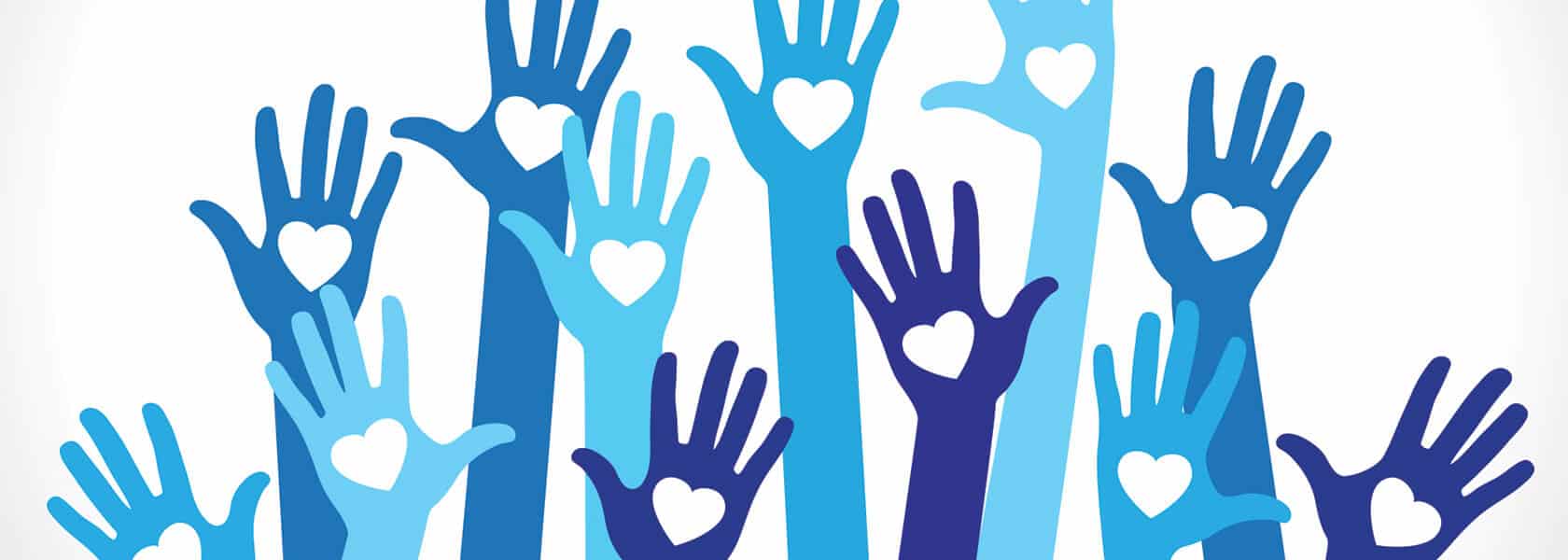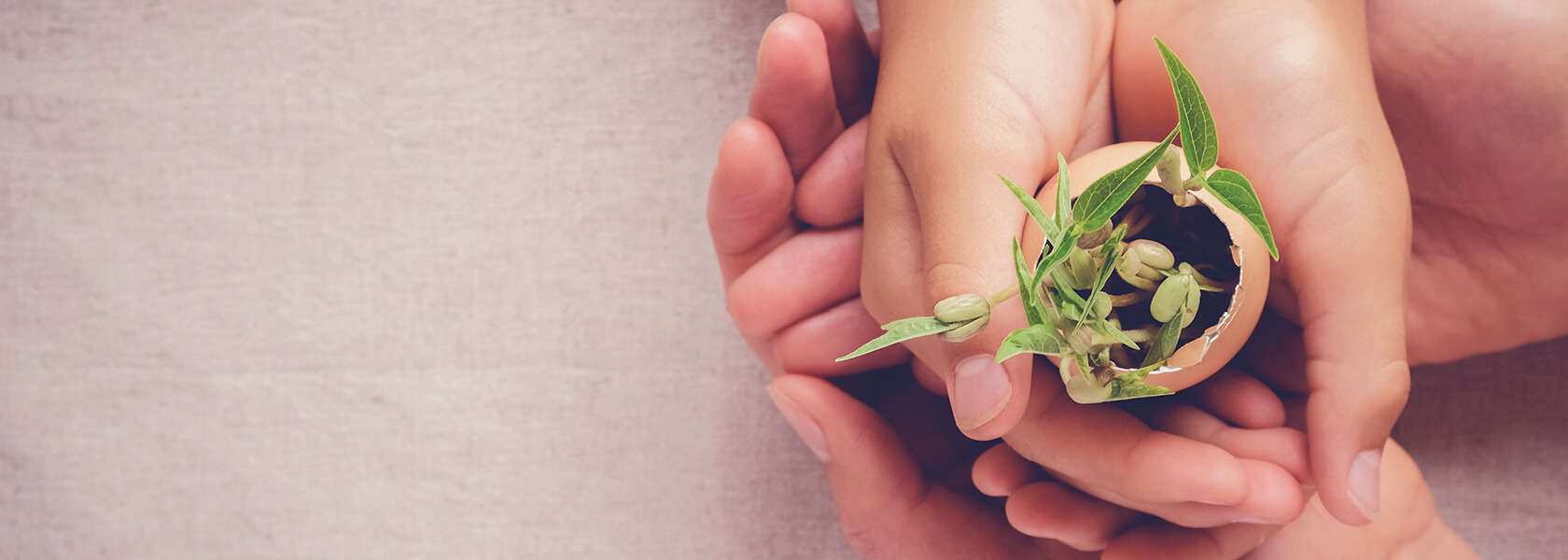- Home /
- DIABETES & YOU
- /MANAGEMENT & CARE
- /Hajj & Diabetes
Hajj & Diabetes
Hajj is one of the five pillars of Islam and is obligatory for all adult Muslims who can afford the journey and are in good health. There are several points to consider for Hajj and Diabetes. Hajj entails a marked increase in your usual physical activity which may affect your blood sugar readings and put you at risk of hypo.
In order to avoid hypo, you can do the following:
- Visit your physician or diabetes educator to make the necessary adjustment for your insulin dose or medications before going for Hajj
- Avoid taking injections in your legs because insulin absorption increases while walking and might trigger a hypo
- Be careful if you are taking a mixed type of insulin because it has a high risk of hypoglycemia. Consider discussing with your physician the possibility to change to a different type of insulin that will reduce your risk of hypo and allows to match your injection timing with your meals
- Be more vigilant to signs of hypo and keep a snack with you at all time to avoid a drop in your blood glucose
- Check your blood glucose more often
- Avoid skipping meals and most importantly avoid delaying your meals or snacks
- If you are using an insulin pump discuss with your physician how to change your basal insulin doses
If your blood sugar drops below 70 mg/dl you should treat immediately with half a cup of juice, 3-4 glucose tablets or 3 dates. Continue checking and repeat the treatment if still below 70. As blood sugar goes back to normal take a snack (fruit or sandwich) to maintain it in good range.
Another important point to look after during Hajj is the care of your feet. Since the strain on your feet from walking is high you need to protect them with good quality shoes and completely avoid the use of slippers, sandals or walking barefoot. This is in order to minimize exposing your skin to heat, dryness or any potential injury (having a short step or being stamped on).
Visit your foot specialist before Hajj to check the status of the nerves and blood circulation and get advice on foot creams and proper shoes.
Taking care of your food choices and hydration status is equally important.
To avoid hyperglycemia be careful with sources and portions of carbohydrate in your meals. Check your blood glucose before and 2 hours after food to gauge the suitable amount of carbohydrate for you. You might need to have extra snacks to cover the effect of walking during Hajj and avoid going low. Be careful with food that has a high impact on your blood glucose like juices and sweets.
To maintain your body well hydrated drink plenty of water and avoid too much coffee or tea. Visit your dietitian and discuss your Hajj meal plan.
Other important steps during Hajj are to keep your medication well stored away from heat, carry your insulin in an insulin bag, keep a source of simple sugar with you at all times and share your health status with your medical supervisor.



